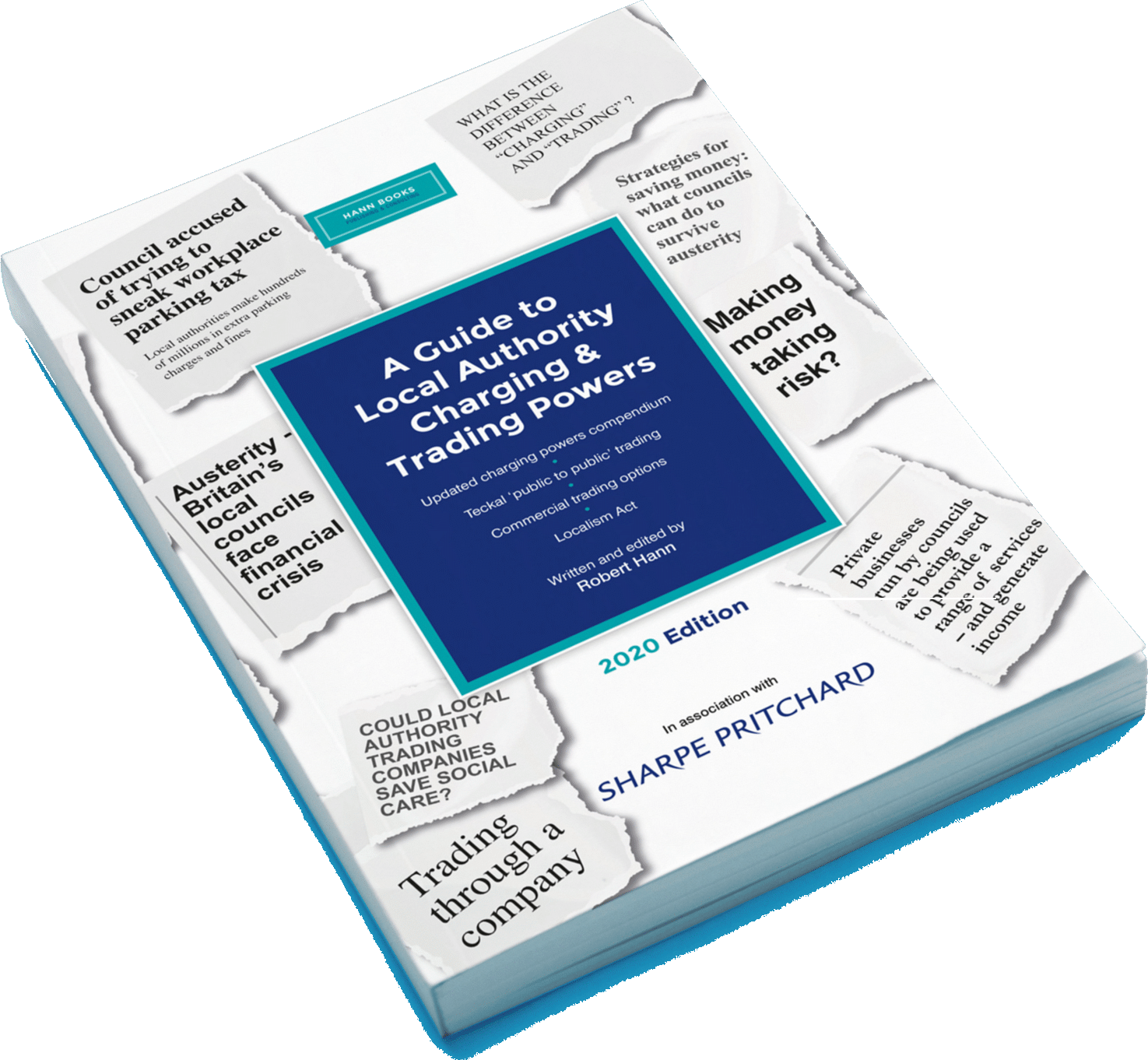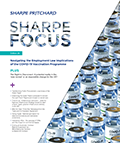Where do we stand?
Colin Ricciardiello looks at an economic operator’s right to bring a procurement challenge.
The basic relevant points under The Public Contracts Regulations 2015 (“PCR”) are that;
Under PCR Regulation 18, Contracting Authorities owe duties to Economic Operators;
In summary PCR Regulation 2 defines Economic Operators as any person etc which offers the execution of works or the provision of services on the market;
Under Regulation 91, a breach of duty owed is actionable by any economic operator who in consequence of that breach suffers, or risks suffering loss or damage.
In recent times we have seen quite a lot of judicial attention paid to what an economic operator needs to have standing to bring an action and whether losses caused to parties related to a claimant are relevant to the whether the contract making suspension should be ended.
We know from Consorzio Nationale [1] that to fall within the definition of an economic operator an entity must at least have an occasional market presence. That judgment featured in Community R4C Ltd v. Gloucestershire County Council [2] to underline the finding that the PCR provides remedies to economic operators who actually offer work or services in the relevant market as opposed those who can only say that that they would like to be given the opportunity to do so.
The Claimant In Gloucestershire maintained that: a modification of a waste contract amounted to the award of a new contract which should have been the subject of a competition ; if such a competition was held then it had a substantial chance (as opposed to a fanciful or speculative chance) of winning what was a hypothetical competition. That chance was its material interest in the hypothetical procurement. It accordingly claimed damages on a loss of a chance basis – that is a Regulation 91 risk of suffering a loss type claim. The claim failed because before any claimant could claim this extended loss of chance basis of claim, it first had to establish that it was an economic operator at the time of the modification – also being the time when the hypothetical procurement should have been held. The Claimant failed to do that because at that time it was not even a registered company and had no legal personality when the hypothetical procurement would have taken place. (So, no occasional market presence at the relevant time). In addition, the judge also concluded that the Claimant was not an economic operator which could have pre-qualified having regard to the selection criteria. It therefore did not have the requisite “substantial chance”.
In Royal Cornwall Hospitals NHS Trust v Cornwall Council [3] the Claimant decided to withdraw from a tender because of a financial cap which it claimed meant that the specified services could not be provided. After the contract, with the cap in place, the contract was awarded. The Claimant maintained that because of the principle of transparency, the Trust (beyond the scope of PCR Regulation 86) was obliged to provide the Claimant with information about the evaluation after it decided not to submit a tender. That approach failed and it was held that a defendant did not owe an enforceable duty of transparency after it decided not to participate in the procurement. Further, even if a duty transparency was owed to an economic operator who did not participate in a procurement, it would be unable to show that it had suffered any loss or risked suffering loss in consequence of any breach of duty (see PCR Regulation 91) because ultimately the effective cause of any loss was the Claimant’s decision not to participate in the procurement.
The question of the right to bring a Claim was well explored in the judgment of Coulson LJ in IGT v. Gambling Commission [4] . Camelot was the previous incumbent of the Third National Lotter Licence and came second in the procurement for the Third Licence. Camelot challenged that decision, but it had discontinued its claim after the contract making suspension was ended. However, the IGT group continued with its own claim. IGT described itself as Camelot’s key sub-contractor and claimed it was the “backbone” of the UK Lottery. Regardless of IGT substantive allegations as to the strength of its claim, the Defendant Gambling Commission and the winning tenderer Allwyn (participating in the claim as an Interested Party) argued that IGT had no standing to bring a claim as they did not submit a tender. That argument succeeded essentially because:
- EU law (from which the relevant regulations were derived) only required member states to grant remedies to those who participated in a procurement as a tenderer and who sought to obtain the public contract that was the subject of the procurement for themselves. (They are the ones who would suffer actionable loss under PCR Regulation 91);
- the domestic pre-legislative materials demonstrated an intention to do the minimum that EU law required – so no wider claims than in (i) ;
- the scheme of the regulations indicated that rights of action were only intended to be granted to those seeking the award of the contract – for example award information rights. Further, it would be a surprising outcome if a potential wide body of sub-contractors or related group entities were intended to have the benefit of the right to trigger the automatic contract making suspension by starting their own proceedings;
- accordingly, the Regulations were to be read purposively so only tenderers were afforded a right of action. [5]
Most recently, we have had the ending of the contract-making suspension judgment in Teleperformance Contract Ltd. V SOS for the Home Department [6]. At those type of hearings ( especially where the Claimant is an SPV) the argument has been run that the suspension should stay in place as any damages payable to the Claimant are not an adequate remedy because they would not cover losses suffered by related group companies or sub-contractors who were not parties to the litigation, have no remedy in damages as they did not tender for the contract in question. In the case of Boxxe at the ending of the suspension hearing, the greatest losses flowing from the challenged award decision were said to have been suffered by the Claimant’s sub-contractor. Putting the argument as to the inadequacy of damages this way (because they are only payable to a Claimant who sought the contract in procurement ) is consistent with the proposition that the only the entity bidding to obtain the contract has the right to bring a procurement challenge .
During the judgment in Teleperformance the judge endorsed the decision in IGT when he said that a key part of the regulations is to“…provide remedies to a specific and identifiable group, namely those “having or having had an interest in obtaining a particular contract …” ( taken from Article 1(3) of the Remedies Directive) which Coulson LJ concluded was restricted to those who had tendered unsuccessfully for the particular contract in question. It did not extend to sub-contractors or parent companies”.
Subject to any appeal, the clarity IGT gives us on which economic operator can be a claimant in a procurement challenge, could mean the end to challenges brought by economic operators who seek to challenge modifications to contracts (but did not themselves seek the award of the contract in question). That recently happened in James Waste LLP v. Essex County Council [7] where the claimant was not a participant in the procurement for the modified contract in question but was a contractor through separate contractual arrangements. Those arrangements might have continued were it not for the modification.
The Procurement Act 2023 received Royal Assent on 26 October 2023 and we now have “United Kingdom suppliers” and “treaty state suppliers” instead of “economic operators”. The Act does not define “suppliers “and it is unclear from the Act which suppliers are intended to have the standing to bring a procurement challenge. Nevertheless, the Act does reflect the PCR by giving a United Kingdom suppliers or treaty state suppliers the right to bring proceedings when it suffers, or is at risk of suffering, loss or damage in consequence of breach of a duty owed to it. Perhaps this lack of clarity is a lost opportunity. As such, given the relevant structural and language similarities between the PCR and the Act, the current position derived from IGT on standing to bring a claim might well still apply. However, the IGT decision was very much based on the interpretation of EU Treaty Directives which underpinned the PCR. Now, of course, those Directives have no bearing on The Procurement Act 2023.
For further insight and resources on local government legal issues from Sharpe Pritchard, please visit the SharpeEdge page by clicking on the banner below.
This article is for general awareness only and does not constitute legal or professional advice. The law may have changed since this page was first published. If you would like further advice and assistance in relation to any issue raised in this article, please contact us by telephone or email This email address is being protected from spambots. You need JavaScript enabled to view it.









 SharpeFocus
SharpeFocus Rob Hann is Head of the Local Government team at Sharpe Pritchard. He has over 30 years in local government, having worked for several local authorities and as the ex-head of legal at 4ps/Local Partnerships for many years.
Rob Hann is Head of the Local Government team at Sharpe Pritchard. He has over 30 years in local government, having worked for several local authorities and as the ex-head of legal at 4ps/Local Partnerships for many years.